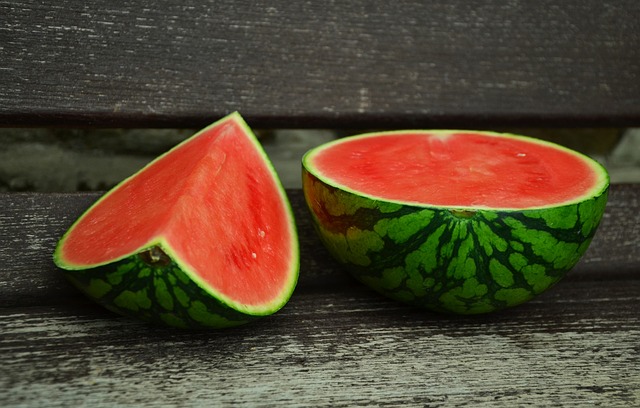(Beyond Yogurt: Exploring the World of Probiotic Foods and Supplements)
Probiotics have gained significant popularity in recent years for their potential health benefits. Many people associate probiotics with yogurt, but did you know that there are a wide variety of probiotic foods and supplements available? In this blog post, we will take a closer look at some of the lesser-known options beyond yogurt that can help support your gut health.
1. Kefir
Kefir is a cultured milk drink that is packed with probiotics. It is made by fermenting milk with kefir grains, which are a combination of bacteria and yeast. Kefir has a tangy taste and a creamy texture, similar to yogurt. It contains multiple strains of beneficial bacteria, making it a potent probiotic source.
Aside from its probiotic properties, kefir is also high in calcium, protein, and other essential nutrients. It has been linked to various health benefits, including improved digestion, enhanced immune function, and reduced inflammation.
2. Sauerkraut
Sauerkraut is a traditional fermented cabbage dish that originated in Germany. It is made by fermenting finely shredded cabbage with lactic acid bacteria. The fermentation process gives sauerkraut its distinct tangy flavor and transforms it into a probiotic-rich food.
Due to its fermentation, sauerkraut is loaded with beneficial bacteria that can support gut health. It is also a good source of vitamin C, vitamin K, and fiber. Incorporating sauerkraut into your diet can promote a healthy gut microbiome and aid in digestion.
3. Kimchi
Kimchi is a traditional Korean side dish that is made from fermented vegetables, primarily cabbage and radishes, seasoned with various spices. Just like sauerkraut, kimchi undergoes a fermentation process that enriches it with probiotics.
Kimchi is known for its tangy, spicy, and umami flavors. In addition to being a probiotic powerhouse, it is rich in vitamins A, B, and C, as well as antioxidants. Including kimchi in your meals can contribute to a diverse and healthy gut microbiota.
4. Tempeh
Tempeh is a fermented soy product that originated in Indonesia. It is made by fermenting soybeans with a specific type of fungus called Rhizopus oligosporus. The fermentation process binds the soybeans together, forming a firm patty.
As a probiotic food, tempeh offers a range of health benefits. It is an excellent source of plant-based protein and is rich in essential amino acids. Tempeh also contains vitamins and minerals, including iron, calcium, and magnesium. Its nutty and slightly earthy flavor makes it a popular ingredient in vegetarian and vegan dishes.
5. Probiotic Supplements
If you find it challenging to incorporate probiotic-rich foods into your diet, you may consider taking probiotic supplements. Probiotic supplements are available in various forms, including capsules, tablets, and powders.
When choosing a probiotic supplement, look for those that contain a diverse range of bacterial strains, including Lactobacillus and Bifidobacterium. It’s also important to check the colony-forming units (CFUs) to ensure you’re getting an adequate dose of probiotics.
Probiotic supplements can be beneficial for individuals with specific health conditions or those seeking to optimize their gut health. However, it’s always best to consult with a healthcare professional before starting any new supplements.
Conclusion
Beyond yogurt, there is a vast







